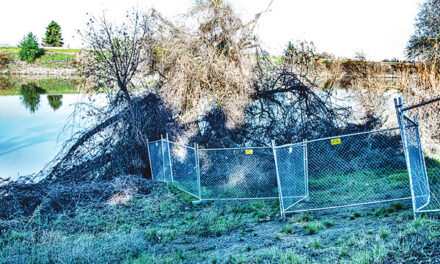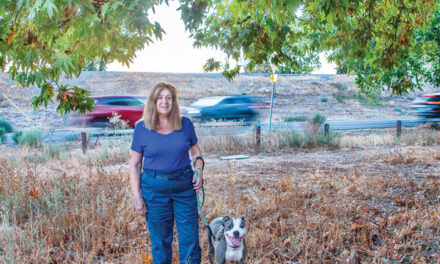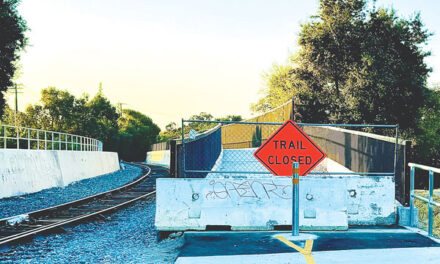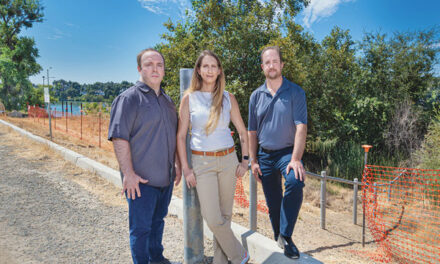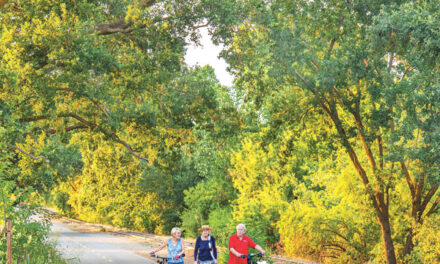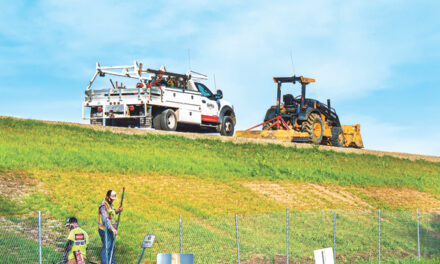The pandemic has dramatically affected how we get around. While movement has rebounded from lockdown lows in March and April, people still travel less, decreasing road congestion from pre-coronavirus peaks.
Public transit has seen the steepest declines. On New York City subways and Bay Area Rapid Transit, passenger loads plummeted 90 percent. Sacramento Regional Transit lost 75 percent of its riders. Ridership has recovered a bit, but levels are still far below norms. The revenue loss created an existential crisis for transit. Even in the best of times, transit finances are perilous. It will take time, and maybe a vaccine, for people to feel comfortable enough to flock back to buses and trains.
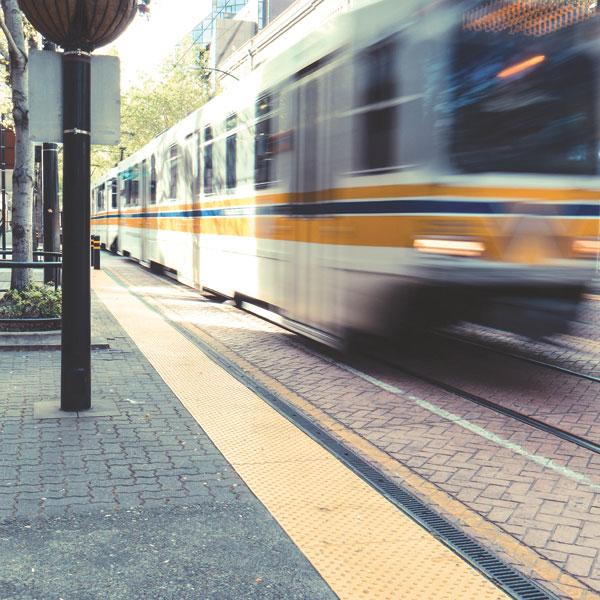
Air travel is down 70 percent. Despite reassurances about good airflow in airplane cabins, most people don’t want to be crammed in with other passengers for hours at a time. Vacation travel is less enticing when tourist destinations such as Paris, Madrid and Venice experience high levels of COVID-19. Many countries don’t allow visitors from the U.S. because of our own world-leading disease incidence. Businesses are discovering that virtual meetings can substitute for in-person contacts. A survey of Institute of Transportation Engineers showed three-quarters of participants believe aviation travel would be down more than 50 percent a year from now.
After a large early decrease in passenger vehicle traffic, miles traveled now nearly equals pre-pandemic levels nationwide, though there is still about a 9 percent decrease in miles traveled in the Western U.S. The Sacramento rush hour and overall traffic volume seems to have been reduced far more than that. After all, most government workers are telecommuting, kids are not being driven to and from school, entertainment gatherings such as Kings games are on hiatus and far fewer people are going to restaurants and bars.
The increase in telecommuting appears to be a permanent change. Businesses are finding they can manage off-site employees while they reduce expenses. Employees can cut commute times and have more flexibility working from home. However, telecommuting isn’t an option for everyone. Many workers, especially those with service or blue-collar jobs, must commute to their workplaces. For some people, public transit remains a lifeline to a paycheck.
Who knew that one of the many virtues of bicycling and walking was the inherent social distancing desired during a pandemic? In the U.S., bicycle sales have gone through the roof. Sacramento’s heat and nasty smoky air hampered biking and walking, but many jurisdictions still failed to seize the unique opportunity to move quickly to improve bicycle and walking infrastructure and fundamentally change part of the transportation paradigm.
Too bad Sacramento and West Sacramento are bent on spending $130 million on a puny streetcar line from the former Raley Field to the Amtrak station, when that amount could revolutionize local active transportation instead.
After disappearing for a while, micro-mobility services such as Jump’s e-bikes (now run by Lime) and Lime, Bird and Spin e-scooters are back. Companies are sanitizing twice a day and urging users to wash hands before and after rides and use sanitizing wipes. In the long run, if communities get on the ball and add bike lanes and other improvements for bicyclists and pedestrians, it will be good for e-bikes (shared or not) and scooters.
Ride hailing services such as Uber and Lyft have taken a hit. They have the same problem as other providers—passengers must share a confined space with strangers whose health status is unknown. Uber Eats has made up for some lost revenue by delivering food rather than people.
It’s difficult to see a clear way forward for a rebound in public transit and air travel anytime soon. Some trips not taken by those modes have probably shifted to vehicle trips. Yet overall, decreased vehicle travel, primarily as a result of telecommuting, has lessened traffic tie-ups. Maybe the relative free-flowing conditions now will reduce tolerance for gridlock in the future.
Walt Seifert is executive director of Sacramento Trailnet, an organization devoted to promoting greenways with paved trails. He can be reached at bikeguy@surewest.net. Follow us on Facebook, Twitter and Instagram: @insidesacramento.





